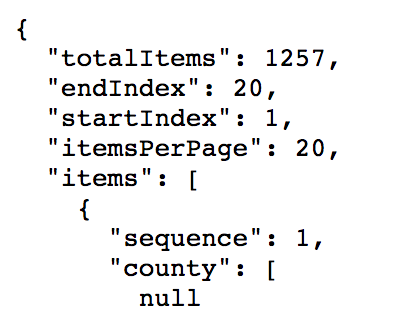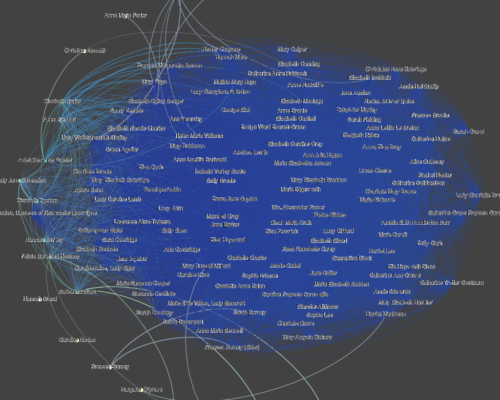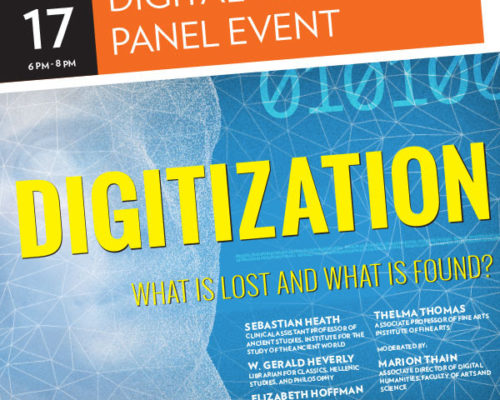AbstractThe recent spike in attempts to ban books within the United States necessitates attention within librarianship, as to the root causes of book challenges, and the similarities and attributes of frequently challenged books. This analysis utilizes topic modeling to explore the content of frequently challenged and banned literature, in order to inform debate about how to address attempts to ban…
Tag: data
Getting Data for Digital Humanities with APIs: A Gentle Introduction
Heard about APIs, but still not really sure what they are or how to use them? This post will take you through: the basics of what an API is when you might want to use one what kinds of institutions or collections might have APIs of potential interest to DH practitioners where to look on these sites for access to…
British Women Writers Network
From Harold Bloom’s The Anxiety of Influence[1]: Weaker talents idealize; figures of capable imagination appropriate for themselves. But nothing is got for nothing, and self-appropriation involves the immense anxieties of indebtedness, for what strong maker desires the realization that [she] has failed to create [herself]? From Shared Experience’s Mary Shelley: She goes to stand before the portrait, and stares…
On the Complexities of Digitization (NYU Event)
On 17 November 2015 I attended “Digitization: What is Lost and What is Found?” at New York University. The event was a conference style panel moderated by Marion Thain (Associate Director of Digital Humanities, Faculty of Arts and Science) and featuring Sebastian Heath (Clinical Assistant Professor of Ancient Studies, Institute for the Study of the Ancient World), W. Gerald Heverly…
Google Refine
Google Refine is a desktop application that allows you to tidy up messy data. Google Refine allows you to set up filters and allows you to view more rows than an ordinary spreadsheet would. Google Refine can help the Digital Humanities when going through large, unorganized data sets.
Introduction to Datacite
This screencast provides an introduction to Datacite, a not-for-profit organization formed in London in 2009, whose goals include establishing easier access to research data on the internet, increasing acceptance of research data as legitimate, citable contributions to the scholarly record and supporting data archiving that will permit results to be verified and re-purposed for future study.
This screencast takes viewers on a tour of the Datacite website and explores the purpose of Datacite as laid out by its founding members. It describes the advantages to researchers of citing data, such as enabling easy reuse and verification of data, which promotes scholarship and unfettered access to information. It also discusses things like how to cite data, which is similar to how one would cite a book or article. Further areas of discussion include participating member institutions, how to become a member of Datacite, and other opportunities for involvement such as conference and networking opportunities.
In addition to these areas, the various services offered by Datacite are outlined such as the Datacite Metadata Store and DOI Citation Formatter. Datacite also provides a variety of open access resources such as the DataCite Metadata Schema, which are explored in more depth herein.
It is my hope that this screencast will increase awareness about Datacite and encourage researchers, scholars and students to start or continue citing and sharing their data.
Caitlin Bronner


